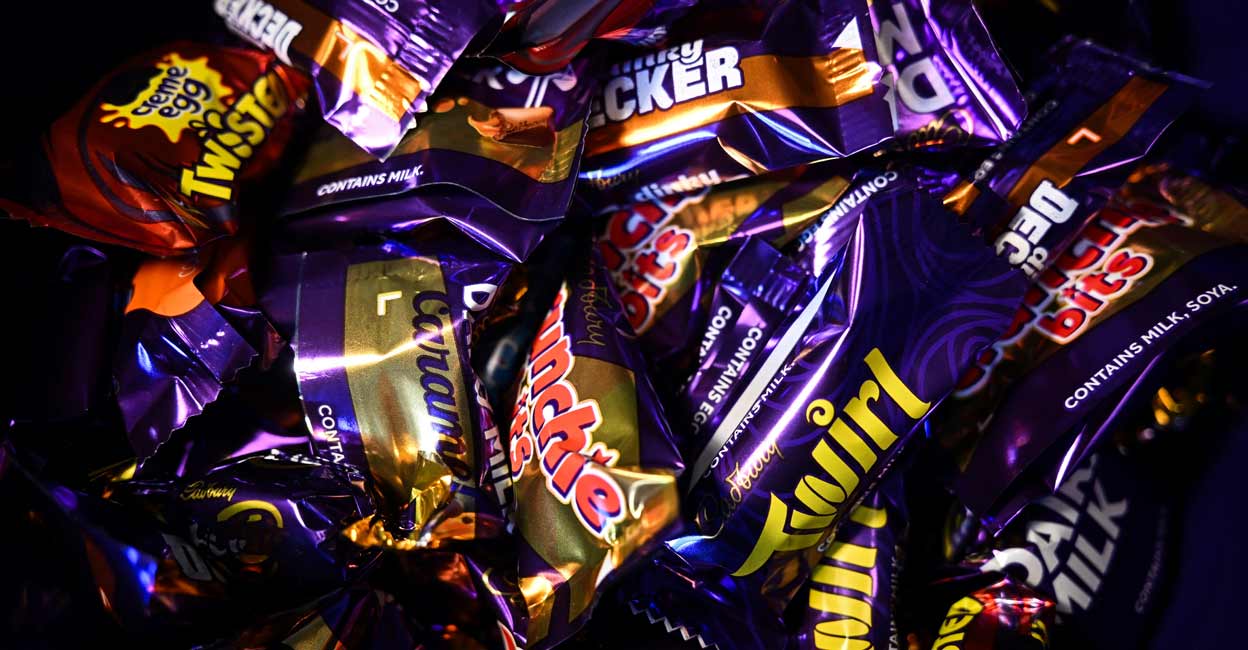Chocolate's Bitter Future: How Rising Temperatures Are Melting Africa's Cacao Lifeline

As the tendrils of global warming increasingly intertwine with various aspects of human life, its profound impact is now dramatically reshaping industries, with the beloved chocolate sector facing unprecedented challenges. The sweet world of cocoa production is experiencing a bitter transformation, particularly in West Africa's critical growing regions of Ivory Coast and Ghana.
Climate change is wreaking havoc on cocoa cultivation, creating a perfect storm of environmental challenges. Prolonged droughts, erratic rainfall patterns, and rising temperatures are threatening the delicate ecosystem that supports cocoa farming. These environmental shifts are not just agricultural concerns but are rapidly becoming economic crises.
Farmers in West Africa, who produce over 70% of the world's cocoa, are witnessing firsthand the devastating consequences of climate change. Mealybug infestations, exacerbated by changing environmental conditions, are decimating cocoa crops and further compromising production capabilities. The result is a significant squeeze on global cocoa supplies, driving chocolate prices to unprecedented heights.
The chocolate industry now stands at a critical crossroads, facing the urgent need to develop sustainable farming practices and climate-resilient agricultural strategies. As consumers worldwide continue to crave their favorite sweet treats, the future of chocolate hangs in a delicate balance, dependent on our collective ability to address and mitigate the impacts of global warming.

